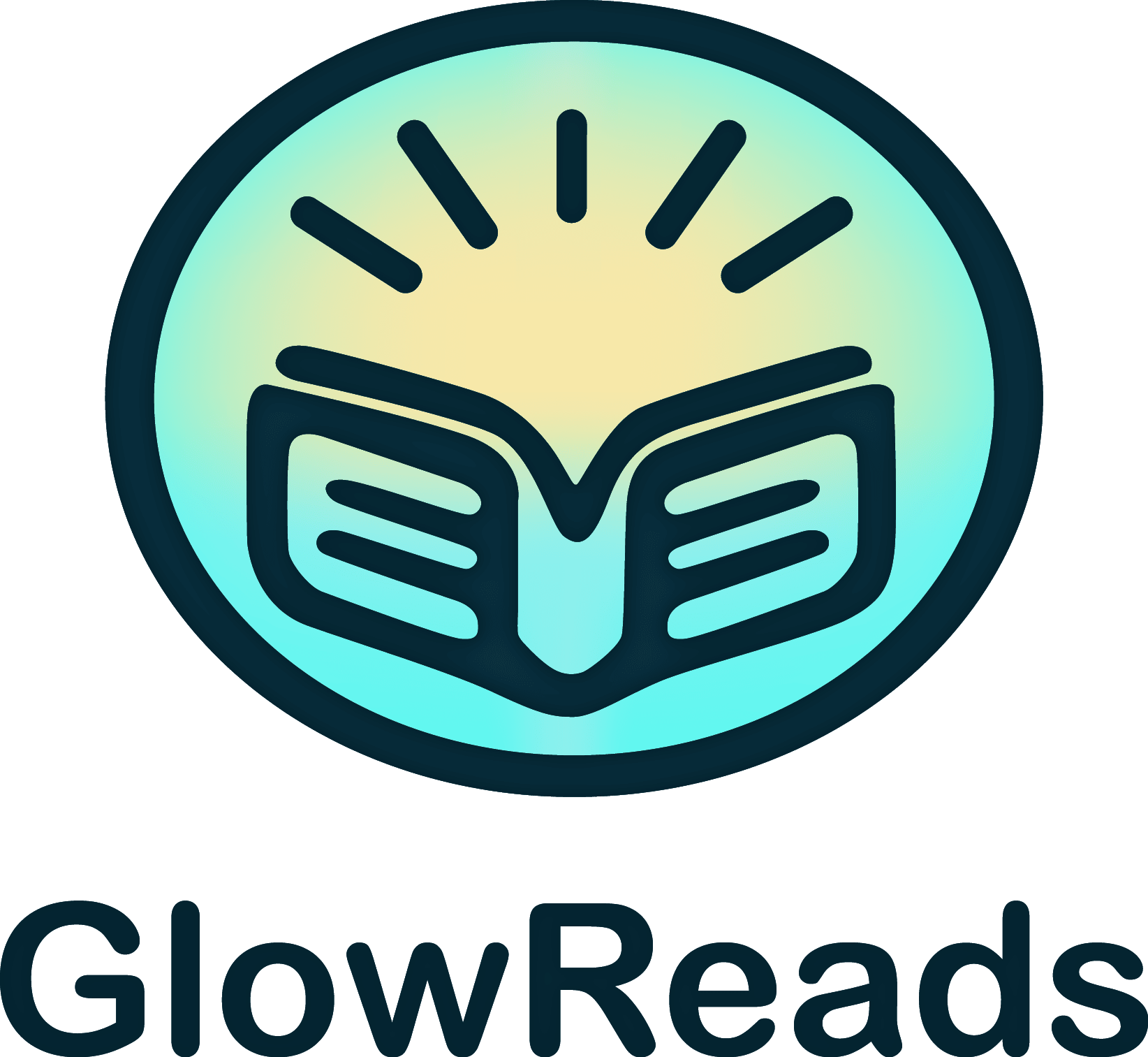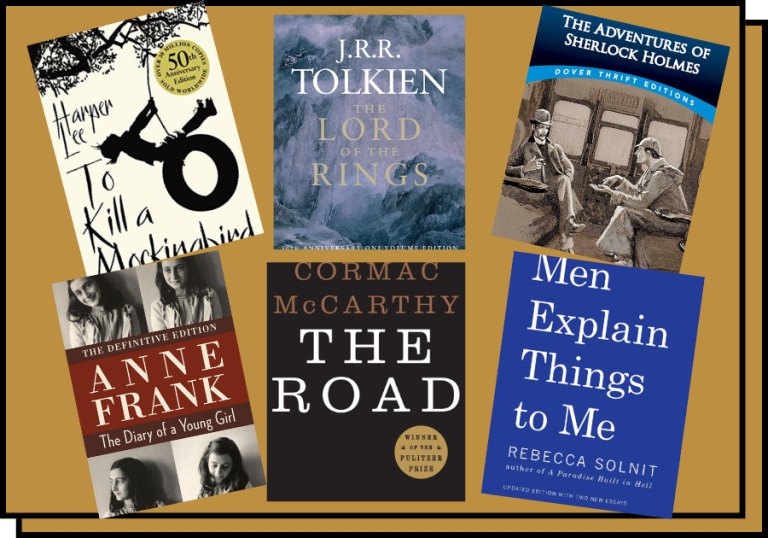Table of Contents
ToggleIntroduction to Education Literature
Education literature encompasses a broad range of works that explore the principles, practices, and policies of teaching and learning. These books serve as essential resources for educators, students, researchers, and anyone interested in understanding the complexities of education. From foundational textbooks and instructional guides to research studies and policy analyses, education literature provides comprehensive knowledge necessary for the study and practice of education. Whether you are an aspiring teacher seeking to develop your skills, a seasoned educator looking to stay updated on the latest research, or a student wanting to understand the fundamentals of education, education books offer valuable insights and practical guidance.
Major Topics in Education Books
Education literature covers an extensive array of topics and fields, each offering unique insights and essential knowledge. Key topics include pedagogy, curriculum development, educational psychology, special education, and education policy. Pedagogy books explore the theories and practices of teaching, providing strategies for effective instruction and classroom management. Curriculum development texts examine the design and implementation of educational programs, offering guidance on creating engaging and relevant learning experiences. Educational psychology literature delves into the cognitive, emotional, and social processes involved in learning, providing insights into how students think and learn. Special education books focus on the needs and challenges of students with disabilities, offering strategies for inclusive education and individualized instruction. Education policy literature analyzes the laws, regulations, and policies that shape the educational system, providing insights into issues such as equity, accountability, and reform. These topics provide a comprehensive foundation for understanding and advancing educational practices.
Top Education Books for Teachers and Students
Selecting the best education books can be a challenging task, given the vast number of high-quality options available. For aspiring teachers, “Teach Like a Champion” by Doug Lemov offers practical strategies for effective classroom management and instruction. “The First Days of School” by Harry K. Wong and Rosemary T. Wong provides essential guidance for new teachers on setting up a successful classroom environment. For those interested in educational psychology, “How Children Succeed” by Paul Tough explores the factors that contribute to children’s success, emphasizing the importance of character development and non-cognitive skills. “Differentiated Classroom: Responding to the Needs of All Learners” by Carol Ann Tomlinson offers valuable insights into differentiated instruction, providing strategies for meeting the diverse needs of students. For those interested in education policy, “Savage Inequalities” by Jonathan Kozol offers a critical examination of disparities in the American education system, highlighting the need for reform. These books, among others, provide valuable knowledge and practical guidance, making them essential additions to any education library.
How to Choose an Education Book
Choosing the right education book depends on your specific needs and professional goals. Start by identifying the topics or fields that align with your interests—whether it’s pedagogy, curriculum development, educational psychology, special education, or education policy. Next, consider the level of complexity you are comfortable with. Some books are designed for beginners, providing an introduction to basic concepts, while others offer advanced analysis suitable for experienced educators and researchers. Reading reviews and recommendations from trusted sources can also guide your decision, helping you gauge the book’s quality and relevance. Additionally, exploring award-winning books and those authored by renowned educators can ensure you select works that are well-regarded in the field. Sampling a few pages or chapters can help you determine if the author’s style and approach resonate with you, making the learning experience more enjoyable and effective.
Book Reviews: Must-Read Education Texts
1. “Teach Like a Champion” by Doug Lemov: This book offers practical strategies for effective classroom management and instruction, providing teachers with tools to enhance student engagement and achievement. Lemov’s clear explanations and actionable techniques make this book an invaluable resource for both new and experienced educators.
2. “The First Days of School” by Harry K. Wong and Rosemary T. Wong: This essential guide for new teachers provides comprehensive advice on setting up a successful classroom environment. The Wongs cover a wide range of topics, from classroom management to lesson planning, offering practical tips and insights to help teachers start the school year with confidence.
3. “How Children Succeed” by Paul Tough: This book explores the factors that contribute to children’s success, emphasizing the importance of character development and non-cognitive skills. Tough’s research-based insights provide valuable guidance for educators and parents seeking to support children’s holistic development.
4. “Differentiated Classroom: Responding to the Needs of All Learners” by Carol Ann Tomlinson: This book offers valuable insights into differentiated instruction, providing strategies for meeting the diverse needs of students. Tomlinson’s practical advice and examples make this book an essential resource for teachers seeking to create inclusive and effective learning environments.
5. “Savage Inequalities” by Jonathan Kozol: This critical examination of disparities in the American education system highlights the need for reform. Kozol’s powerful narratives and compelling analysis expose the inequalities faced by students in underfunded schools, calling for greater equity and justice in education.
Author Spotlights: Influential Educators
1. Doug Lemov: Known for his practical approach to teaching, Lemov’s books, including “Teach Like a Champion,” provide actionable strategies for effective classroom management and instruction. His focus on high-leverage techniques has made his work essential reading for educators seeking to improve their practice.
2. Harry K. Wong and Rosemary T. Wong: The Wongs are celebrated for their contributions to teacher education, particularly through their book “The First Days of School.” Their comprehensive and practical advice has helped countless new teachers establish successful and effective classroom environments.
3. Paul Tough: As an author and journalist, Tough’s work, including “How Children Succeed,” explores the factors that contribute to children’s success and well-being. His research-based insights have influenced educators and policymakers, highlighting the importance of character development and non-cognitive skills in education.
4. Carol Ann Tomlinson: A leading expert on differentiated instruction, Tomlinson’s work, including “Differentiated Classroom,” provides practical strategies for meeting the diverse needs of students. Her emphasis on personalized learning and inclusive practices has made her a respected voice in the field of education.
5. Jonathan Kozol: Known for his powerful critiques of educational inequality, Kozol’s work, including “Savage Inequalities,” has drawn attention to the systemic disparities faced by students in underfunded schools. His compelling narratives and calls for reform have made a significant impact on the discourse around education equity and justice.
Reader’s Corner: Enhancing Knowledge through Education Books
1. Join an Education Book Club: Engaging with others who share an interest in education can enhance your reading experience. Book clubs offer opportunities for discussion, debate, and deeper understanding of educational concepts and practices. Sharing insights and perspectives can enrich your comprehension and application of the knowledge discussed in the books.
2. Attend Education Conferences and Workshops: Many educational institutions and professional organizations offer conferences, workshops, and seminars on various education topics. Attending these events can provide valuable insights from experts, networking opportunities, and exposure to the latest research and developments in the field. They also offer a chance to engage with thought leaders and gain practical knowledge applicable to your educational interests.
3. Explore Online Education Courses: Websites like Coursera, edX, and the Great Courses offer courses on a wide range of educational topics. These platforms provide structured learning experiences that can complement your reading. Online courses can help you delve deeper into specific areas of interest, offering practical skills and theoretical knowledge that enhance your understanding of the books you read.
4. Subscribe to Education Journals and Magazines: Publications like “Educational Leadership,” “The Journal of Educational Research,” and “Phi Delta Kappan” offer articles, case studies, and analyses on current educational issues. Regularly reading these publications can keep you informed about the latest developments in the field and provide context for the concepts discussed in education books.
5. Keep an Education Journal: Documenting your thoughts and reflections as you read various education texts can enhance your understanding and retention of the material. An education journal allows you to track your progress, note important themes and arguments, and reflect on your personal reactions to the knowledge. Keeping a journal can also serve as a personal record of your professional development, helping you to see how your thoughts and insights evolve over time. By regularly writing in your journal, you can develop a more critical and analytical approach to reading, which will deepen your appreciation of the diverse perspectives and innovations in education literature.
This comprehensive guide to education books, when optimized for the right keywords and strategically promoted, should significantly increase the visibility and attractiveness of your education category, potentially attracting a large number of visitors interested in advancing their knowledge and skills in teaching and learning.


